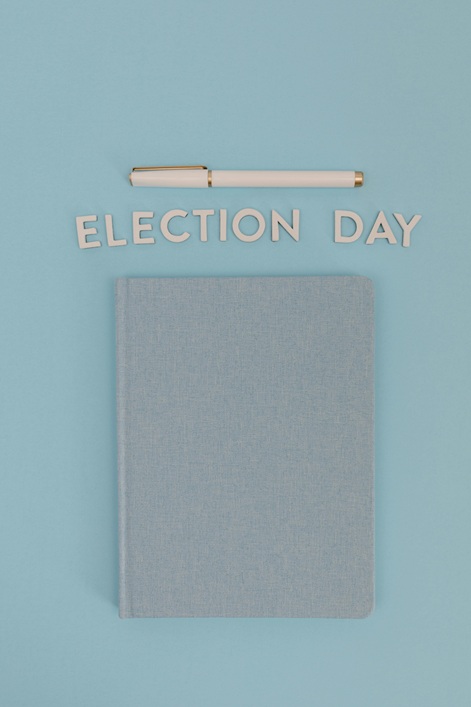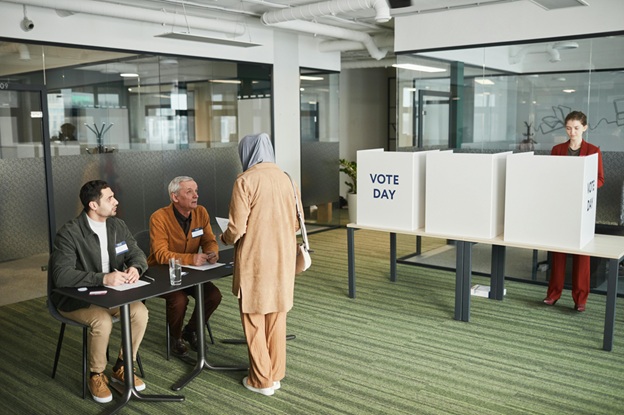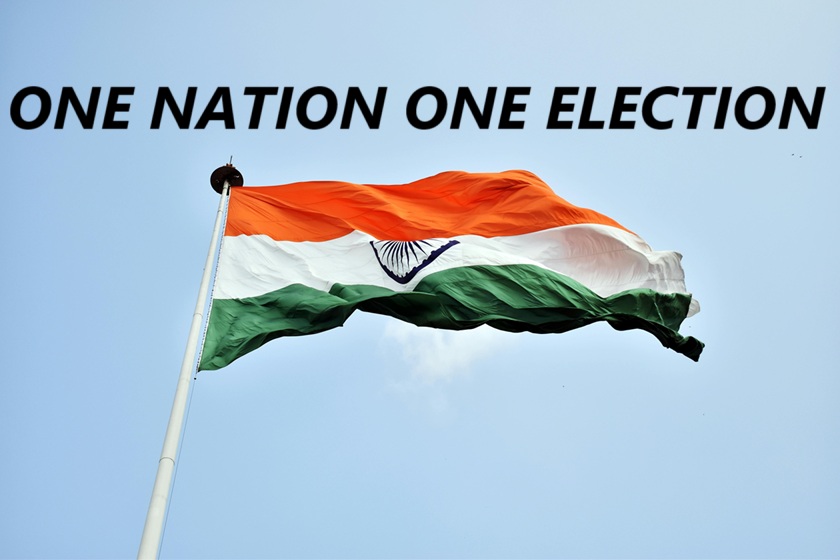ONE NATION ONE ELECTION (ONOE)
India, the world’s largest democracy, witnesses a plethora of elections annually—from the Lok Sabha to state assemblies and local bodies. While elections are a cornerstone of democracy, the frequency of polls often disrupts governance and incurs massive financial and administrative costs. To address these challenges, the idea of “One Nation, One Election” has been proposed and is being actively debated.

What is the One Nation, One Election Bill?
The “One Nation, One Election” Bill proposes to synchronize elections for the Lok Sabha (the lower house of Parliament) and all state legislative assemblies. Currently, elections in India are held in a staggered manner, with states and the central government often going to polls at different times. This leads to a continuous cycle of elections that consumes significant resources.
Under the proposed system:
Unified Electoral Process: A single election will be conducted across the country for both the Lok Sabha and state assemblies.
Fixed Term: Governments at both levels will have a synchronized tenure, ideally lasting five years.
Simultaneous Voting: Voters will cast their votes for both parliamentary and state assembly elections on the same day, using separate ballots or Electronic Voting Machines (EVMs).
The bill’s objective is to streamline the electoral process, ensuring uniformity and reducing the burden on the Election Commission of India (ECI).
Historical Context

The concept of simultaneous elections is not new. India conducted synchronized polls for the Lok Sabha and state assemblies from 1952 to 1967. However, this practice was disrupted due to the premature dissolution of some state assemblies and the Lok Sabha in subsequent years. Since then, the electoral calendar has become fragmented, with elections occurring throughout the year.
The idea of reverting to simultaneous elections gained momentum in recent years. In 2015, the Law Commission of India submitted a report advocating for this system. The current government has also emphasized the need for synchronized elections to reduce the financial and administrative burden on the nation.
Key Features of the Bill
Single Election Schedule: All elections for the Lok Sabha and state assemblies will be held on a single day or in a phased manner across a short duration.
Amendments to the Constitution: Implementing this system requires amendments to Articles 83, 85, 172, 174, and 356 of the Constitution to fix the terms of the Lok Sabha and state assemblies.
Election Commission’s Role: The ECI will oversee the synchronized elections, ensuring their smooth execution.
Provisions for Premature Dissolution: Mechanisms will be established to handle situations where a government collapses before completing its term, ensuring continuity without disrupting the synchronized schedule.
Significance of the One Nation, One Election Bill
The implementation of this bill carries several advantages that could transform India’s democratic framework:

Cost Efficiency
Elections in India are an expensive affair. The 2019 Lok Sabha elections, for instance, cost approximately ₹60,000 crore. By conducting elections simultaneously, the government can significantly reduce expenditure on logistics, security, and election machinery.
Reduced Administrative Burden
Frequent elections demand extensive deployment of government staff, including teachers and other officials, disrupting essential public services. A unified electoral schedule would free up these resources for developmental activities.
Uninterrupted Governance
The model code of conduct (MCC) is enforced during elections, restricting governments from announcing new policies or projects. With elections occurring sporadically, governance often takes a backseat. Simultaneous elections would minimize these disruptions, allowing governments to focus on long-term planning and execution.
Increased Voter Turnout
A single election day can boost voter participation by simplifying the voting process and reducing election fatigue. Citizens will only need to vote once every five years, making the electoral process more efficient and engaging.
Political Stability
Synchronized elections would reduce the influence of frequent polls on policy decisions. Governments could focus on governance rather than being perpetually in election mode.
Necessity of the Bill
Addressing Election Fatigue

India’s electoral process is exhaustive. The constant cycle of elections not only drains resources but also leads to voter fatigue. Synchronizing elections can streamline the process and make it more sustainable.
Security Concerns
Elections require substantial security arrangements. Frequent elections strain security forces, impacting their regular duties. A unified electoral process would optimize their deployment.
Economic Implications
The MCC restricts the launch of new projects and policies during elections, leading to delays in economic development. Simultaneous elections can mitigate these disruptions, fostering consistent growth.
Strengthening Democracy
A synchronized election cycle would encourage informed decision-making among voters, as they can evaluate governments at both levels simultaneously. This could lead to more accountable and responsible governance.
Challenges and Criticisms
While the One Nation, One Election Bill has numerous advantages, it also faces significant challenges and criticisms:
Constitutional Hurdles
Implementing this system requires amending multiple constitutional provisions. Achieving consensus among political parties and states is a daunting task.
Federalism Concerns
India’s federal structure allows states to function autonomously. Critics argue that synchronized elections could undermine this autonomy by aligning state policies with central mandates.
Logistical Challenges
Conducting simultaneous elections across a diverse and populous country like India is a colossal logistical challenge. Ensuring the availability of sufficient EVMs, polling stations, and personnel is a significant concern.
Premature Dissolution of Governments
In cases where a government collapses before its term, maintaining the synchronized schedule becomes complicated. Temporary measures like President’s Rule could disrupt the democratic process.
Impact on Regional Parties
Simultaneous elections may dilute the focus on regional issues, potentially disadvantaging regional parties. The dominance of national issues during unified elections could overshadow local concerns.
Global Perspectives
Several countries, including South Africa and Sweden, conduct simultaneous elections for their national and regional governments. These nations have demonstrated the feasibility and benefits of a unified electoral process. However, India’s diversity and federal structure present unique challenges that require careful consideration.
Way Forward
To implement the One Nation, One Election system, a phased approach could be adopted:
Consensus Building: Engage all stakeholders, including political parties, state governments, and civil society, to build consensus.
Pilot Projects: Conduct pilot experiments in selected states to evaluate the feasibility of synchronized elections.
Infrastructure Development: Invest in electoral infrastructure, including EVMs and polling facilities, to handle the increased scale of simultaneous elections.
Legal Framework: Amend the Constitution and relevant laws to facilitate the transition.
Conclusion
The One Nation, One Election Bill represents a transformative vision for India’s electoral process. While the benefits of cost efficiency, reduced administrative burden, and uninterrupted governance are undeniable, the challenges of implementation must not be overlooked. A balanced approach that addresses the concerns of all stakeholders is essential to realize this vision.
By synchronizing elections, India can enhance the efficiency of its democratic processes while fostering political stability and economic growth. However, the success of this initiative hinges on building consensus, overcoming logistical challenges, and ensuring that the spirit of federalism is upheld.
Disclaimer
This blog is intended for informational purposes only and is based on available resources and expert opinions at the time of writing. The perspectives presented here are not exhaustive and should not be construed as legal or professional advice. The “One Nation, One Election” Bill is a subject of ongoing debate, and its implementation will depend on various factors, including political consensus and constitutional amendments. Readers are encouraged to seek additional information and consult relevant experts for a comprehensive understanding of the topic. The author and publisher are not responsible for any decisions made based on this article.

